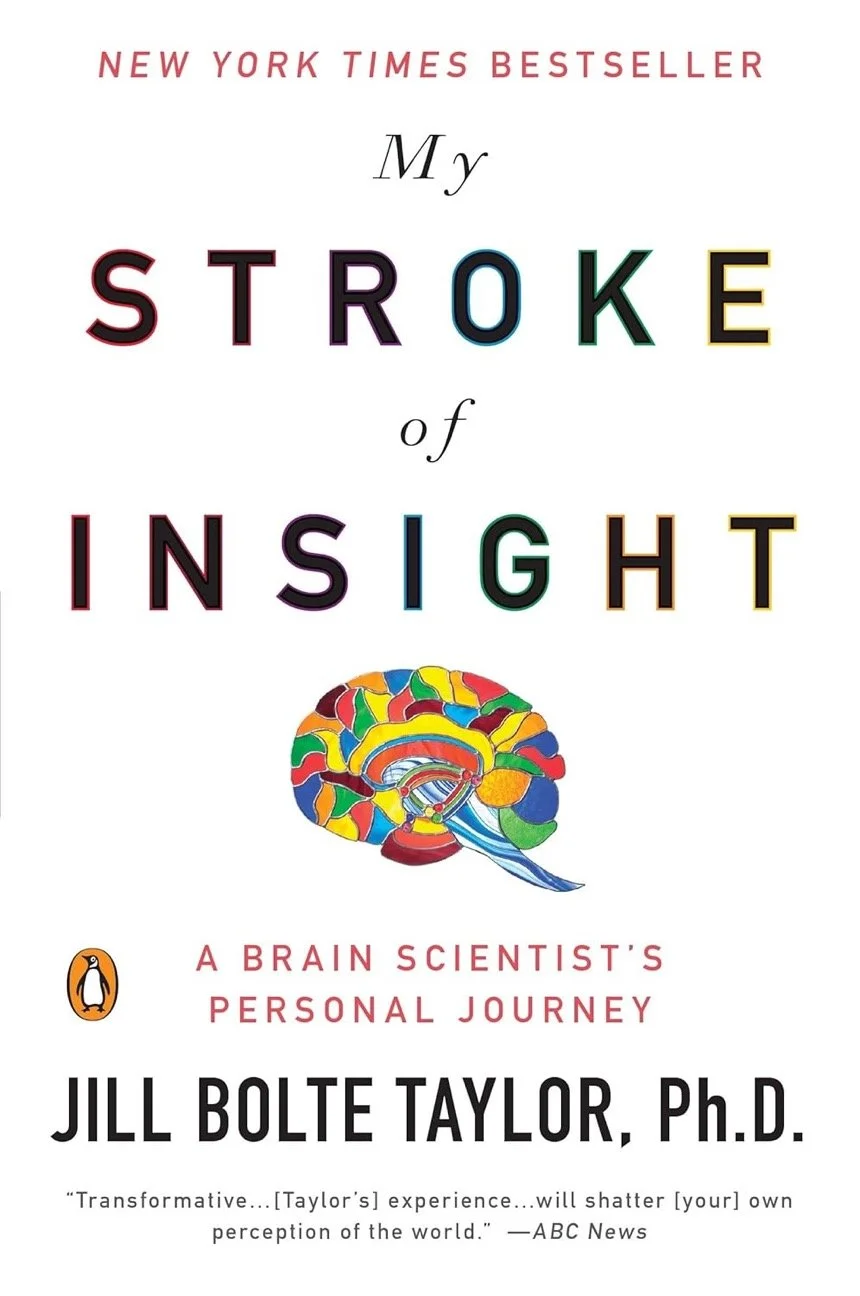When Words Get in the Way: Series Introduction
“In the beginning was the Word…”
These are, of course, the famous opening words of John’s Gospel in the Christian New Testament. I used them to open a lecture I gave a decade ago at the Unitarian Church of Norfolk, part of a summer series of lay-led services on Unitarian Universalism, Science, and Spirituality. I called my talk When Words Get in the Way: Is Symbolic Thought Incompatible with Spirituality? and used it to explore some of my favorite subjects: anthropology, neuroscience, language, and ethics.
As astute readers of Leaving a Clean Wake will have noticed, both Vienna and I love words (which is probably why my posts tend to run a little long). She’s given me a strict word count limit for this one, so I’ll just introduce a couple of the key themes from that talk. I’ll develop many of them in future posts—but adventurous readers with a little time on their hands are encouraged to read all 4,500 words of the original speech in full here.
So why do words get in the way? Language is our species’ defining trait. We’re not the only animals with brains, culture, or tools—but we may be the only ones who dwell inside a symbolic universe. Language lets us imagine the future, reflect on the past, transmit knowledge, and build meaning across space and time. But in gaining that power, we also lost something. The moment we began using symbols to represent reality, we severed our direct connection to it.
This rupture marked our true fall from grace. We traded presence for representation—what is for what stands in for it. Where other animals are immersed in the world, we are always at least one step removed. Symbolic thought—our ability to think about something that isn’t there—is what makes language possible. But it also makes distortion inevitable. We confuse the chart with the sea, the word with the thing, the metaphor with the truth beneath it.
That disjunction between reality and concept tends to widen over time. Metaphor hardens into dogma. Stories that once pointed toward mystery become commandments. In his excellent book Masters of the Planet, Ian Tattersall—the emeritus curator of Anthropology at the American Museum of Natural History—describes how our greatest evolutionary achievement, symbolic cognition, gave us gods, art, and ethics… but also war, hierarchy, and alienation. Religion is the clearest example, but the pattern holds across politics, ideology, even science. We forget that our “truths” are often symbols—not absolutes.
And yet we can’t return to some prelapsarian, pre-linguistic Eden—at least not in our real-world, day-to-day lives. Mystics throughout the ages, skilled meditators, the occasional psychedelic traveler… many report experiences that seem to unfold in realms beyond language. One of the most compelling accounts comes from neuroanatomist Jill Bolte Taylor, who suffered a devastating stroke that knocked her brain’s left hemisphere offline. She recounts her experience vividly in her memoir My Stroke of Insight and in an accompanying TED Talk that has been viewed more than 27 million times. (Spoiler alert: it sounds a lot like Nirvana. Not the Smells Like Teen Spirit kind—though, to be fair, that one’s also about alienation—but the state of enlightenment pointed to by many spiritual traditions.)
But for most of us, most of the time, language is the water we navigate in. And like any vessel in motion, we leave a wake behind. Because language is so deeply embedded in how we think, the ethical challenge is subtle. It’s easy to drift into habits of reduction—labeling people, repeating metaphors that distort rather than illuminate. But if we want to leave a clean wake, we must pay attention not just to what we say, but to the symbolic currents beneath it.
Moral living in a symbolic species requires humility: a willingness to question the words we reach for, and to remain open to the limits of what language can do. When we forget that our metaphors are just metaphors, they begin to use us instead.
“When Words Get in the Way” is my call to be careful stewards of the symbolic tools we’ve inherited. It’s about speaking with awareness, listening with depth, and recognizing that sometimes the most ethical move is to say nothing at all. In that way, it aligns neatly with the broader ethic of Leaving a Clean Wake—not just in action, but in speech, and in how we name the world we share.
Over the next several months (but not all in a row, we promise!), we’ll be exploring how these themes play out in specific, grounded ways. True to the spirit of Leaving a Clean Wake, we’re not proposing a doctrinal system—we’re staying curious about the language we use and the wakes it leaves behind. Here are some of the waypoints we’ll hit:
When Labels Become Cages
We reach for labels to simplify a complex world. But what happens when names collapse nuance? What does it sound like to speak in ways that leave room for others?
No Wake Zones (The Ethics of Silence)
As we have discussed multiple times, sometimes leaving the cleanest wake means trying to leave no wake at all. What’s the ethical role of stillness in a noisy world?
When Metaphor Misfires
By its very nature, language employs symbols, but metaphors can trap us. What wakes are left behind when we declare “wars” on poverty or drugs—or reduce life to simple binaries?
The Wake of a Word
Gossip, sarcasm, even well-meant advice—our speech ripples out beyond intention. What does everyday ethical language sound like when we actually pay attention to its effects?
Navigating a Noisy World
Social media, punditry, group chats, clickbait—how do we make room for ethical speech when the waters are already churning?
Each post in our When Words Get in the Way series will aim to balance the abstract with the tangible, the philosophical with the lived. We won’t always get it right (like water, language is slippery), but the attempt itself feels worthwhile. After all, if we care about the wake we leave in the world, we have to care about the words we send out into it.
If you’ve experienced a moment where words got in your way—personally, professionally, or otherwise—we’d love to hear about it in the comments. How did you navigate through it?






